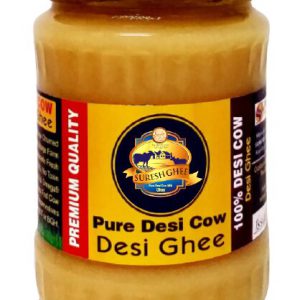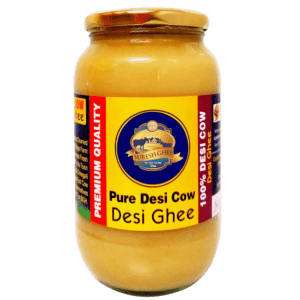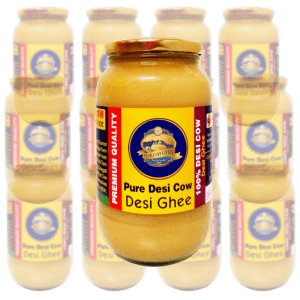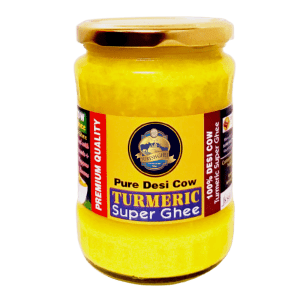Millions of Hindus worship and revere cows. It is one of the animals which is considered sacred in Hinduism. From the Mother to the Goddess, a cow is very auspicious and holds a special significance in Hinduism. It is the sacred animal which provides the life sustaining milk. Cows are held in a superior position in Hinduism as it is one of the animals which has been mentioned in Puranas and mythological stories as well. We cannot forget the white cow that stood behind Lord Krishna. Lord Krishna was a cow herder so cows are considered very holy in the Hindu religion. However, even the cow dung is considered holy and auspicious in Hinduism.
In Hinduism, cow dung has a special spiritual significance. It is said that the cow doesn’t eat non-vegetarian items and only eats grass or grains which makes cow dung holy and acceptable. In a lot of pujas, both dried and fresh cow dung is used. From Govardhan Puja to havans, cow dung is used during pujas.
Significance Of Cow Dung: In lots of spiritual “yagnas”, the fire is burnt using dried cow dung and ghee. It is said that burning cow dung with ghee is one of the best ways to purify the home. Well scientifically, researches have found out that the cow dung purifies the air and also has anti-pollutant and anti-radiation qualities in the environment. Cow dung is used in the Govardhan Puja, fresh cow dung is used to worship. It is observed on the next day of the Diwali (on Chapan Bhog). On the last day of the four-days Diwali celebrations, Govardhan is observed by married women. They worship the cow dung, offer sweets and light diyas. It is one of the pujas done to worship Lord Krishna. During the Holika, cow dung is dried and made into round shaped flat balls which are used to burn the Holika up. In some of the cultures in North India, the face, tongue of Holika, the star, moon etc are also prepared by women. These fresh ones prepared of Holika are kept inside the house, and next year it is burned.
These are some of the spiritual significances of cow dung. As cows provide us with so many things, it is very holy and auspicious.
Why is Cow Dung Sacred in Hinduism ?
In Hinduism, cow dung is emphasized as a sacred and admired status for multiple reasons:
- Provides Purification: Cow dung is considered to possess purifying properties. During Hindu rituals and ceremonies, it is mostly utilized for cleansing and purifying the surroundings. People consider it to make a clean and sacred space before performing religious rites.
- Agricultural Usage: Cow dung has been traditionally utilized as a natural fertilizer in Indian agriculture. Being high in nutrient consistency makes it beneficial for enhancing soil fertility, which is necessary for prosperous crop cultivation.
- Acst as Fuel: In several rural areas of India, dried form of cow dung is utilized as a source of fuel for the purpose of cooking and heating. It is acknowledged as an eco-friendly and sustainable energy source.
- Medicinal and Ayurvedic Treatments: According to Ayurveda, the ancient Indian process of medicine, believes in the medicinal properties of cow dung. It is utilized in some traditional remedies and medications.
- Symbolism of the Cow: The cow itself is esteemedly regarded in Hinduism and is mostly considered as a symbol of divine and natural contributions. Cow dung, being a commodity of the cow, shares in this sacred symbolism.
- Related with the Divine: In Hindu mythology and religious texts, the cow is associated with various deities like Lord Krishna. Its discharged bowels, therefore, is seen as something pure and associated with the divine.
- Environmental and Cultural Perspective: The emphasis of cows in agriculture, rural life, and routine living has resulted into the cultural and religious importance of cow dung. It highlights the strong bond among the humans and their environment in the ways of traditional Indian culture.
Click to check Source Courtesy & Originally Published Page






 WhatsApp us
WhatsApp us
Naveen m...